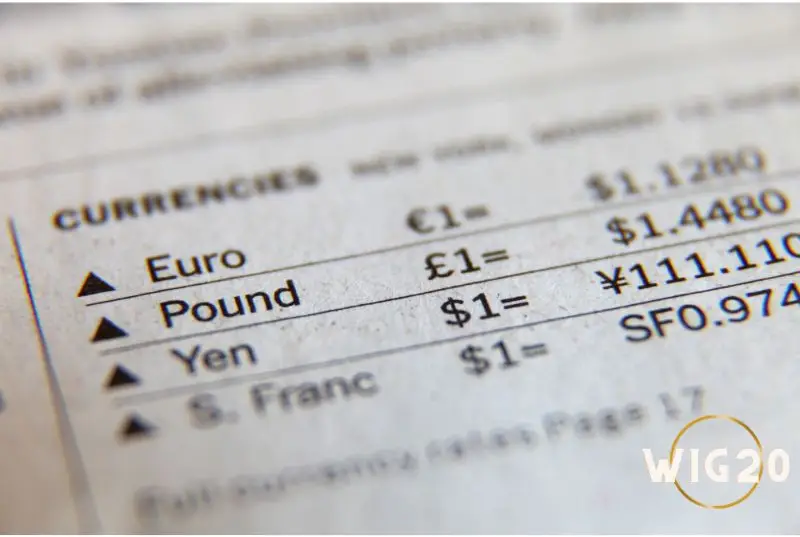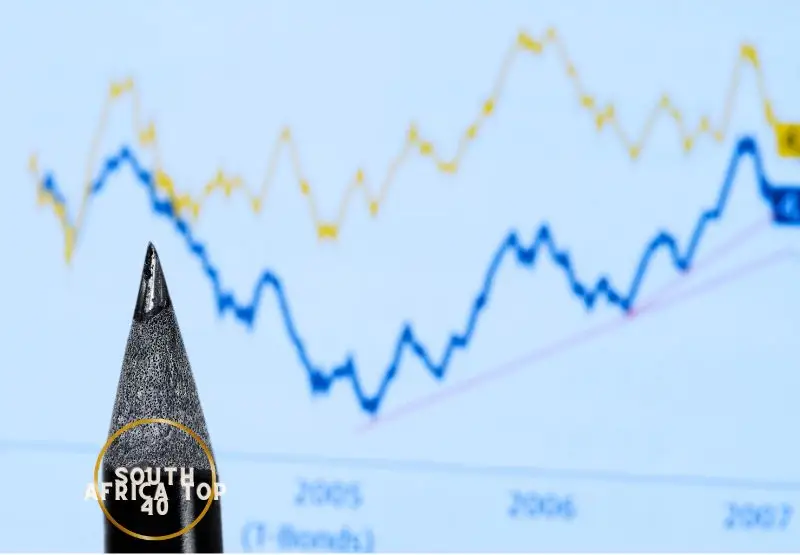Are you curious about the stock market in Kenya and why it’s so important? Look no further! The Kenyan stock market plays a crucial role in the country’s economy, providing opportunities for businesses to raise capital and investors to grow their wealth.
One of the key stock indices in Kenya is the Nairobi Securities Exchange (NSE) All Share Index, which tracks the performance of all listed companies on the exchange. Another important index is the NSE 20 Share Index, which focuses on the top 20 companies by market capitalization.
Investing in the Kenyan stock market can offer diversification, potential for high returns, and a way to participate in the growth of key industries in the country. Stay tuned to learn more about this dynamic market and how you can get involved!
How Does the Stock Market Work in Kenya
The stock market in Kenya operates through the Nairobi Securities Exchange (NSE), where investors can buy and sell shares of publicly listed companies. The NSE provides a platform for companies to raise capital by selling shares to the public, and for investors to potentially earn returns on their investments.
To invest in the stock market in Kenya, one must open a brokerage account with a licensed stockbroker. Investors can then place orders to buy or sell shares through their broker, who will facilitate the transactions on the NSE. It is important to conduct thorough research on companies before investing, considering factors such as financial performance, industry trends, and market conditions.
Some major stocks that generate profit in the Kenyan stock market include:
- Safaricom PLC – Kenya’s largest telecommunications company
- East African Breweries Limited (EABL) – Leading producer of alcoholic beverages
- KCB Group – One of the largest banks in Kenya
- Equity Group Holdings – Banking and financial services provider
- British American Tobacco (BAT) Kenya – Tobacco manufacturing company
Investing in the stock market carries risks, as share prices can fluctuate based on various factors such as economic conditions, company performance, and investor sentiment. It is advisable for investors to diversify their portfolios and seek professional advice when making investment decisions.
What is the benefits of buying stocks in Kenya
Investing in the Kenya stock market can provide several benefits for investors. Some of the advantages include:
1. Potential for high returns: Buying stocks in the Kenya stock market can offer investors the opportunity to earn significant returns on their investment over time.
2. Diversification: Investing in stocks allows investors to diversify their portfolio and reduce risk by spreading their investments across different sectors and industries.
3. Liquidity: The Kenya stock market provides a liquid market where investors can easily buy and sell shares, allowing them to access their funds quickly if needed.
4. Ownership stake: By buying stocks, investors become part owners of the companies they invest in, giving them voting rights and potential dividends.
5. Professional management: Many companies listed on the Kenya stock market are well-managed with transparent financial reporting, providing confidence to investors.
When investing in the Kenya stock market, it is important for investors to do thorough research and due diligence before making any investment decisions. Here are some tips and takeaways about the stock market in Kenya:
1. Understand your risk tolerance: Investing in stocks carries inherent risks, so it is important to assess your risk tolerance before investing in the stock market.
2. Research companies: Before buying stocks, research the companies you are interested in investing in, including their financial performance, industry trends, and growth potential.
3. Diversify your portfolio: Spread your investments across different sectors and industries to reduce risk and increase potential returns.
4. Monitor your investments: Keep track of your investments regularly and stay informed about changes in the market that may impact your portfolio.
5. Seek professional advice: Consider consulting with a financial advisor or investment professional for guidance on investing in the Kenya stock market.
In conclusion, investing in the Kenya stock market can be a rewarding way to grow wealth over time, but it is important for investors to approach it with caution and make informed decisions based on thorough research and analysis.
The main stock indices in Kenya
In Kenya, the most important stock market index is the Nairobi Securities Exchange (NSE) All Share Index. This index tracks the performance of all listed companies on the NSE, providing a broad overview of the overall market sentiment and trends.
Another key index in Kenya is the NSE 20 Share Index, which includes the 20 largest and most liquid stocks on the exchange. This index is often used as a benchmark for gauging the performance of blue-chip companies in the country.
The regulation of stock market indices in Kenya falls under the jurisdiction of the Capital Markets Authority (CMA). The CMA is responsible for overseeing all activities related to securities trading, including monitoring and regulating stock market indices to ensure transparency and fairness in the market.
Regulation of stock market indices involves setting guidelines for index calculation methodologies, ensuring timely dissemination of index data, and preventing manipulation or fraud that could impact index values. The CMA also works to promote investor confidence by enforcing strict regulations on how indices are calculated and maintained.
Investors in Kenya can use stock market indices as a tool for tracking market trends, diversifying their portfolios, and making informed investment decisions. By understanding how these indices are regulated by the CMA, investors can have greater confidence in using them as benchmarks for measuring their investment performance.
In conclusion, stock market indices play a crucial role in providing insights into overall market performance and serve as valuable tools for investors in Kenya. With proper regulation by the Capital Markets Authority, these indices can help investors make more informed decisions and navigate the dynamic landscape of the Kenyan stock market effectively.
Recap: The stock market in Kenya
The stock market in Kenya has shown significant growth and development in recent years, attracting both local and foreign investors. The Nairobi Securities Exchange (NSE) is the main stock exchange in the country, with a wide range of listed companies spanning various sectors.
Investors have access to a diverse range of investment opportunities, from blue-chip companies to small and medium-sized enterprises. The market has also seen increased activity in trading of government bonds and other fixed-income securities.
Despite some challenges such as political instability and currency fluctuations, the Kenyan stock market has remained resilient and continues to attract investors looking for high returns. The regulatory framework governing the market has also improved, providing greater transparency and investor protection.
Overall, the stock market in Kenya offers a promising avenue for investors seeking to diversify their portfolios and capitalize on the country’s growing economy. With ongoing efforts to deepen the market and attract more listings, it is expected to continue its upward trajectory in the coming years.




























































